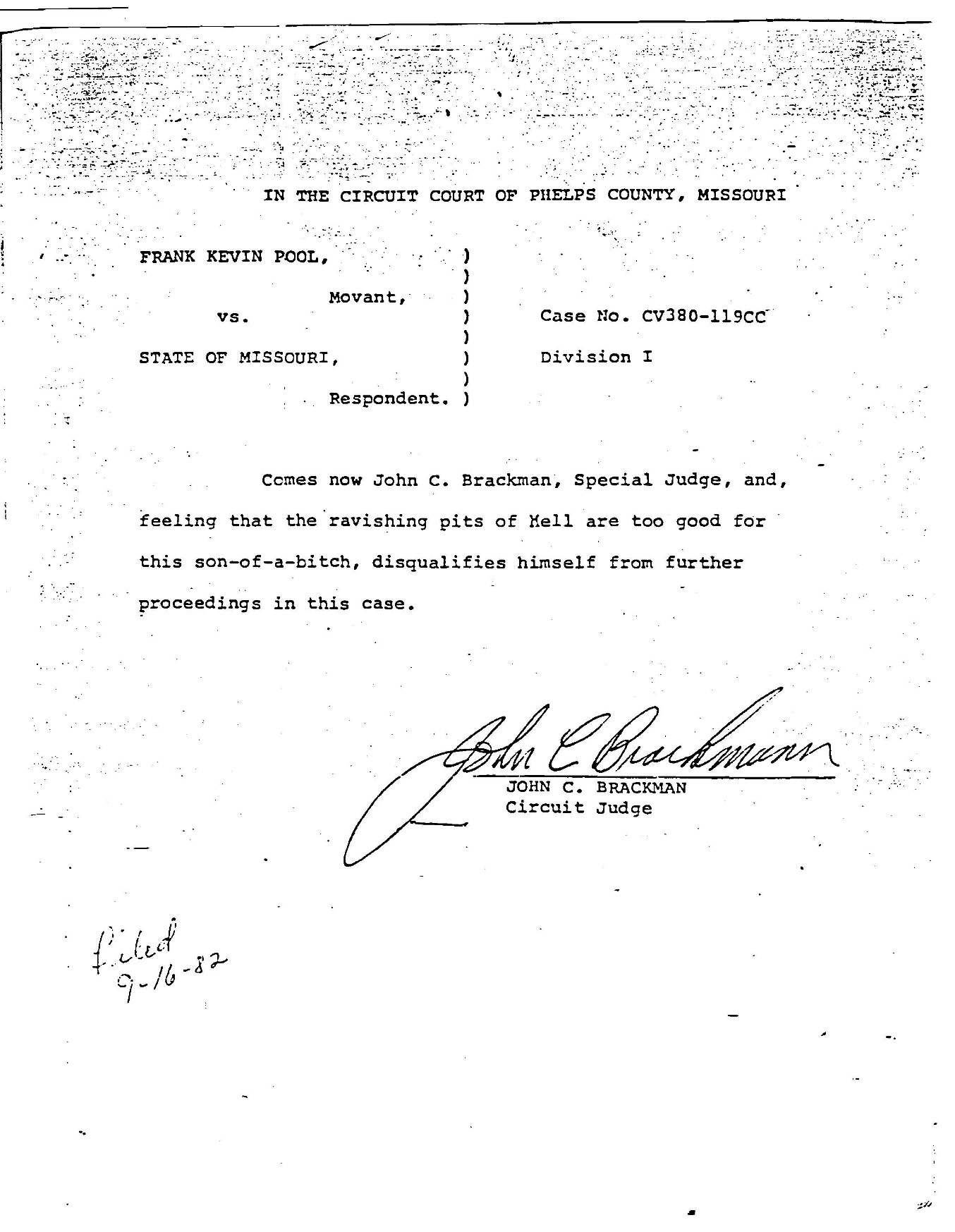Federal Court rules that the “National Day of Prayer” violates the First Amendment Establishment Clause
Yesterday, I received an email from the Center For Inquiry indicating that, in 2008, Freedom From Religion Foundation had filed a lawsuit (Freedom from Religion Foundation, Inc v. Obama) to prevent the federal government from declaring a “National Day of Prayer.” The U.S. District Court, Judge Barbara B. Crabb of the Western District of Wisconsin, struck down 36 U.S.C. §119, which establishes a yearly National Day of Prayer. Here’s the text of the statute:
The President shall issue each year a proclamation designating the first Thursday in May as National Day of Prayer on which the people of the United States may turn to God in prayer and meditation at churches, in groups, and as individuals.
As discussed in the Court’s Opinion, the National Day of Prayer was established in part, due to the efforts of Reverend Billy Graham in 1952. One of Graham’s speeches included the following:We have dropped our pilot, the Lord Jesus Christ, and are sailing blindly on without divine chart or compass, hoping somehow to find our desired haven. We have certain leaders who are rank materialists; they do not recognize God nor care for Him; they spend their time in one round of parties after another. The Capital City of our Nation can have a great spiritual awakening, thousands coming to Jesus Christ, but certain leaders have not lifted an eyebrow, nor raised a finger, nor showed the slightest bit of concern. Ladies and gentlemen, I warn you, if this state of affairs continues, the end of the course is national shipwreck and ruin.
Congress then took the reins, lead by [appropriately named] Representative Percy Priest, who introduced a bill to establish a National Day of Prayer. Here is the Court’s description:In addressing the House of Representatives, he noted that the country had been “challenged yesterday by the suggestion made on the east steps of the Capitol by Billy Graham that the Congress call on the President for the proclamation of a day of prayer.” In support of the bill, Representative Brooks stated that “the national interest would be much better served if we turn aside for a full day of prayer for spiritual help and guidance from the Almighty during these troublous times. I hope that all denominations, Catholics, Jewish and Protestants, will join us in this day of prayer.” Representative Peter W. Rodino, Jr., stated that “it is fitting and timely that the people of America, in approaching the Easter season, as God-fearing men and women, devote themselves to a day of prayer in the interest of peace.”
[The Court added a footnote: "This part of the report is not accurate. 1 Marsh v. Chambers, 463 U.S. 783, 787(1983) (“[P]rayers were not offered during the Constitutional Convention.”] I downloaded the entire ruling from the federal district court in pdf format and I’m making it available here. The Plaintiff argued that Plaintiff the statute is unconstitutional “because it endorses prayer and encourages citizens to engage in that particular religious exercise.” [More . . . ]

